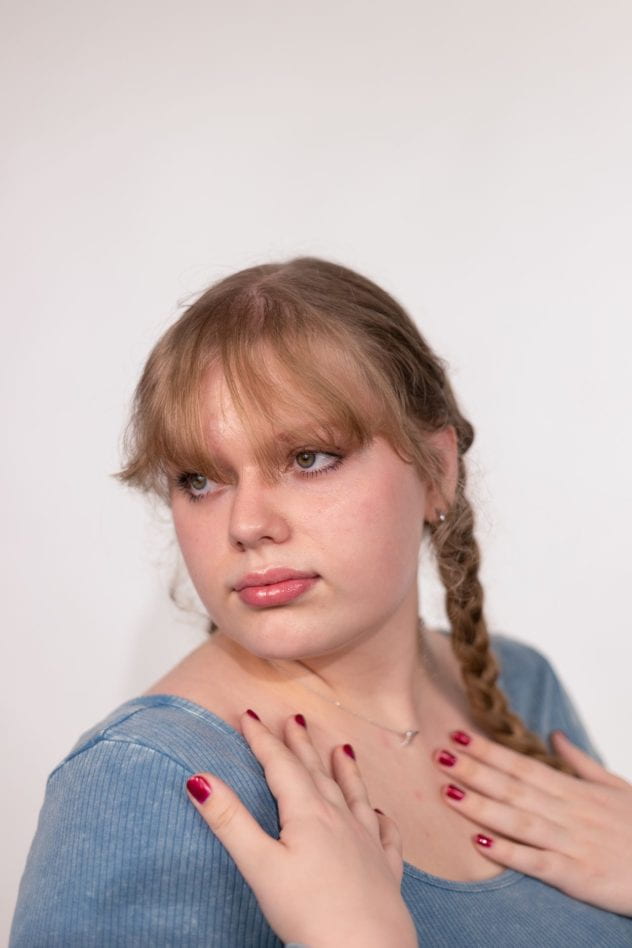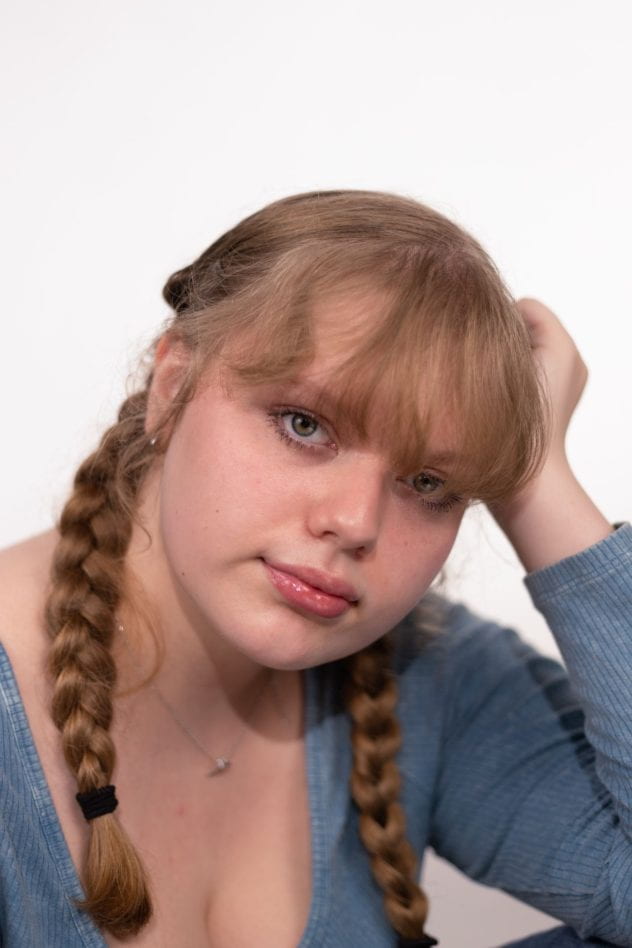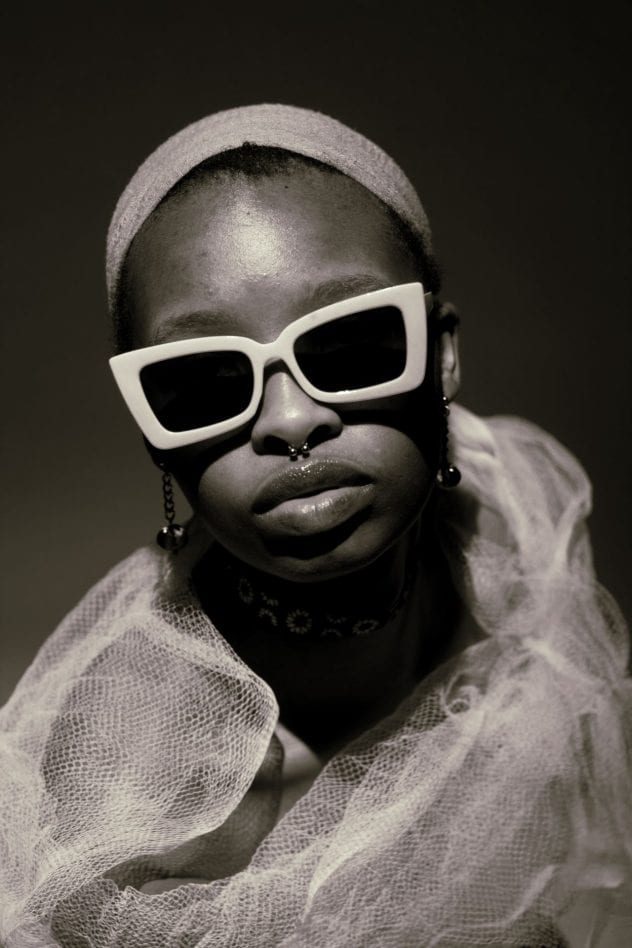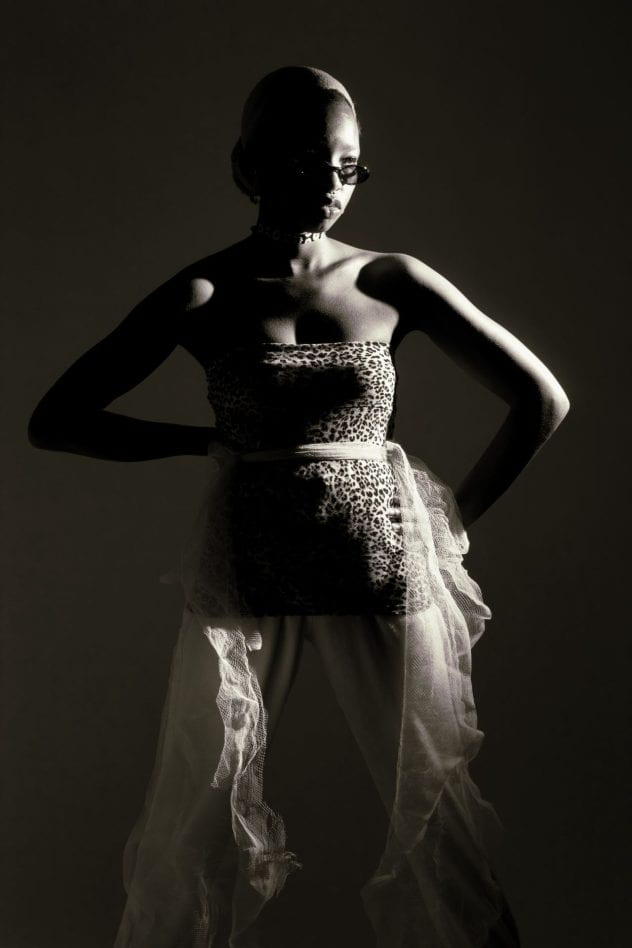Ahead of the Spring 2025 semester, Dr. Kerry Ward reached out to the DMC inquiring about collaborating on the capstone course for the Poverty, Justice, and Human Capabilities minor, PJHC 470: PJHC & Digital Storytelling. The objective of the class was to create an effective digital storytelling project based on their own internship experiences as part of the minor, which necessitated guidance on every aspect of the process: ideation, script writing, recording and filming, and editing. Based on the level of involvement expected, it was decided that Ian Mellor-Crummey, DMC Supervisor, would co-teach the course, offering 4 in-class sessions spread out across the semester.
The first in-class session, during week 2, functioned as an introduction to digital storytelling and demonstrated examples of effective practices. The second session, during week 6, focused on the technical aspect of equipment use for recording, covering the equipment and studio resources available to them through the DMC and how best to use them for their projects. The third session, during week 11, covered video editing using DaVinci Resolve. The final session, during week 13, functioned as an open workshop time for students to work on their projects and ask any lingering questions as they polished them for presentation the following week.
The resulting projects were an impressive collection of short documentaries and one GIS project, synthesizing their own experiences from working through the Poverty, Justice, and Human Capabilities minor with the principles and techniques of effective digital storytelling laid out over the course of the class.




